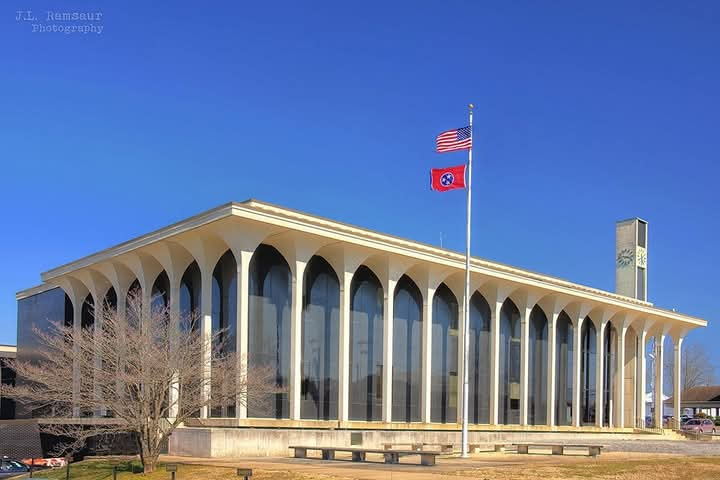Zelensky’s Visit to Pennsylvania and the Political Fallout
In September 2024, Ukrainian President Volodymyr Zelensky made a high-profile visit to Pennsylvania, where he toured the Scranton Army Ammunition Plant. Accompanying him were Democratic Governor Josh Shapiro and Senator Bob Casey, underscoring the ongoing collaboration between Ukraine and the United States on defense matters. The visit, meant to highlight military production and support for Ukraine, quickly became a source of political contention.
Republican leaders were vocal in their criticism, arguing that the visit was orchestrated to benefit the Democratic Party. House Speaker Mike Johnson strongly condemned the event, characterizing it as a partisan effort aimed at bolstering Democratic candidates ahead of upcoming elections. His concerns extended beyond the visit itself—he went as far as calling for the dismissal of Ukraine’s Ambassador to the U.S., Oksana Markarova, who played a key role in arranging the trip.
The controversy didn’t stop there. Oversight Committee Chairman James Comer took the matter a step further by launching an investigation into whether federal resources were inappropriately used. His inquiry focused on whether the Biden-Harris administration had leveraged taxpayer funds to indirectly support Vice President Kamala Harris’s potential presidential campaign, raising ethical and legal questions about the intersection of diplomacy and domestic politics.
The backlash surrounding Zelensky’s visit highlights the deep divisions in U.S. politics regarding support for Ukraine. While Democrats framed the event as a demonstration of solidarity with an ally facing Russian aggression, Republicans saw it as an opportunistic move designed to shift public opinion in favor of the current administration. This latest clash reflects the broader political struggle over U.S. foreign policy and its implications for domestic elections.
As the investigation unfolds, the debate over the visit’s intent and consequences is likely to continue. Whether it was a genuine diplomatic engagement or a politically motivated maneuver remains a contentious issue, adding another layer of complexity to an already polarized political landscape.



